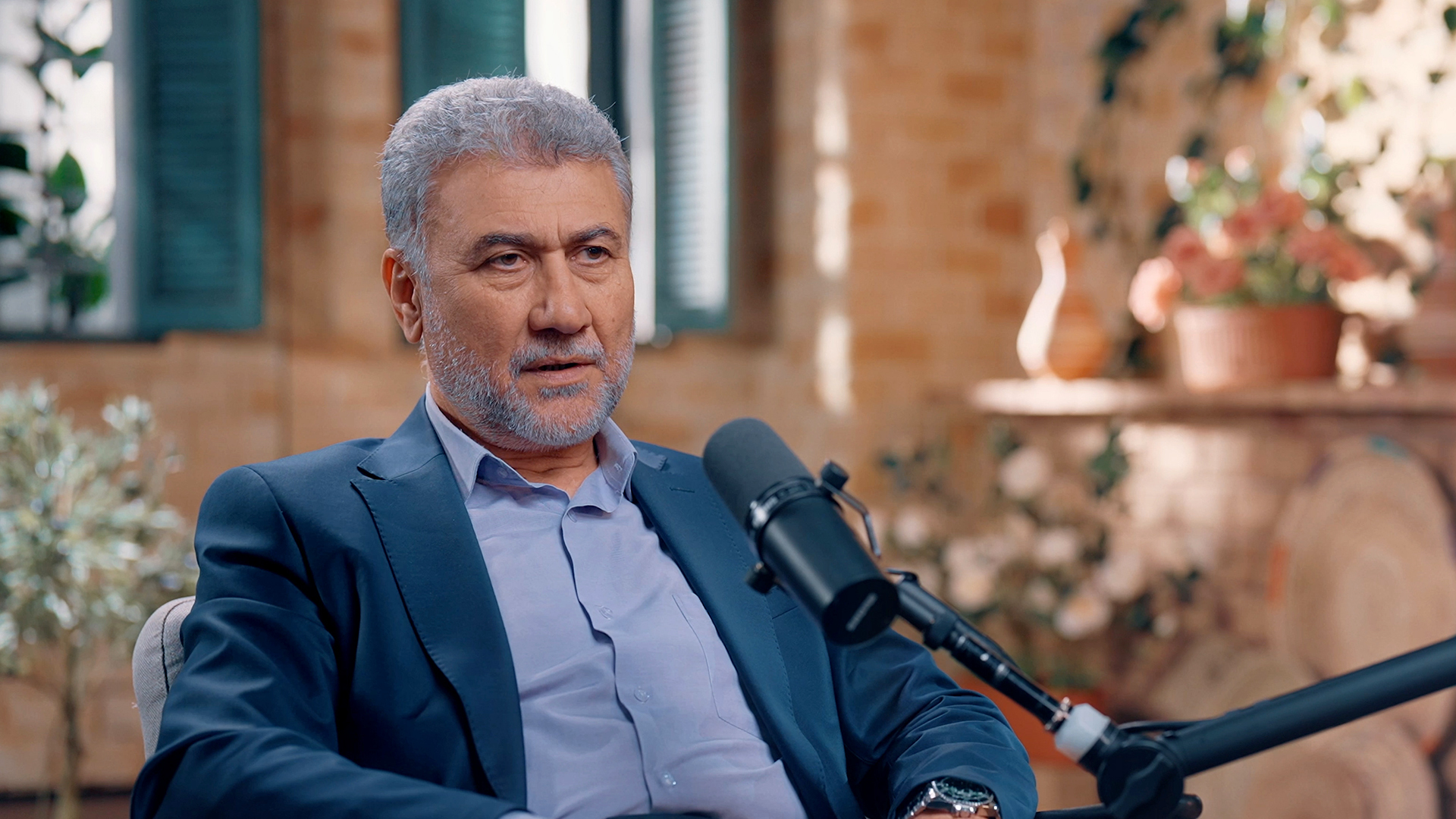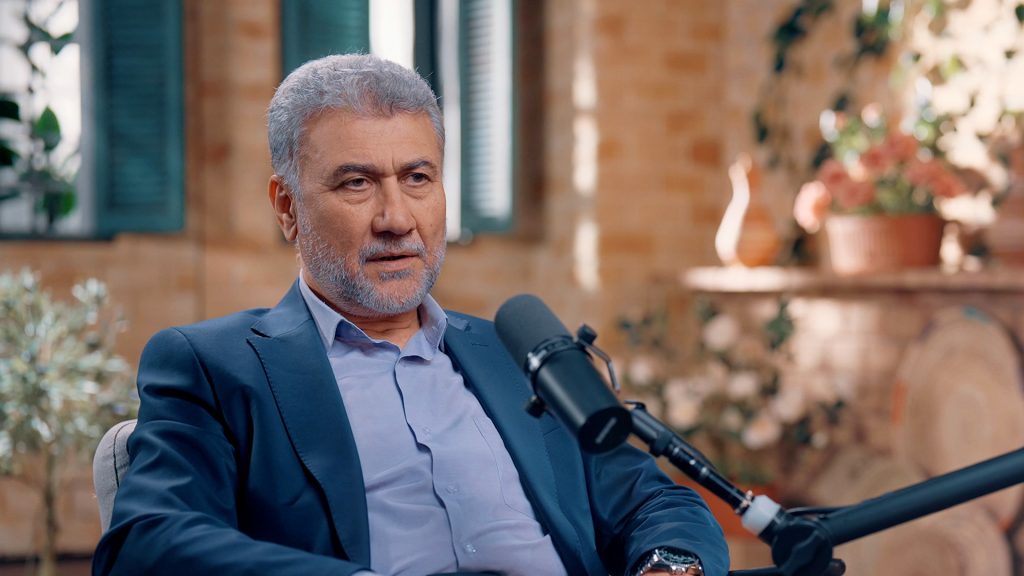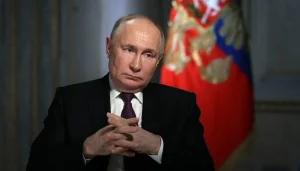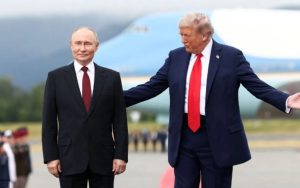The current Arab reality indicates that the shift of the enemy’s identity from Israel to Iran represents a “major catastrophe” that has afflicted Arab consciousness, turning governments into entities incapable of action despite widespread popular sympathy for just causes.
In this context, Dr. Liqaa Maki, senior researcher at Al Jazeera Center for Studies, believes the Arab nation has been in a deep crisis since the US invasion of Iraq in 2003, emphasizing that this event marked a fundamental turning point in the region’s history.
However, the roots of the crisis go further back, to the June 1920 revolution, when the Rumaitha incident—occurring on the railway line linking Baghdad and Basra—served as an ideal model of national action transcending sectarian and ethnic boundaries, involving Sunnis, Shiites, and Kurds from Basra to Tal Afar.
The Iraqi rebels faced British forces with primitive weapons including sticks and farming tools but managed to force Britain to consider national governance, representing one of the foundational moments in the history of Arab resistance against colonialism.
The modern Arab states were established under the colonial divisions imposed by the Sykes-Picot Agreement, yet the Arab peoples refused to submit to foreign domination.
This was reflected in pioneering democratic experiments such as those witnessed in Syria in the early 1930s, when free elections resulted in a Christian prime minister winning in a country with an overwhelming Muslim majority, demonstrating the possibility of building genuine democratic systems if political maturity is allowed.
The wave of military coups spread across the region after the 1948 Nakba as a reaction to the failure of monarchical regimes to confront the Israeli challenge, with officers considering the defeat of the five Arab armies by “Zionist gangs” as a call to change ruling systems.
These coups led to the rise of leaders like Gamal Abdel Nasser, who transformed from a peasant officer to a nationalist leader inspiring Arab peoples.
The nationalization of the Suez Canal in 1956 marked a fundamental turning point in the region’s history, as Nasser faced the tripartite aggression, ending the global dominance of Britain and France as colonial powers and introducing the US and the Soviet Union as new actors in the region.
The June 1967 setback deepened Arab wounds but did not extinguish the will to resist; rather, it encouraged the emergence of new Palestinian organizations and the Egyptian War of Attrition aimed at keeping the conflict alive.
Maki points out that the US invasion of Iraq in 2003 represented a real fracture in the Arab spirit and a break in memory and hope, as a major Arab capital fell humiliatingly to invaders.
This defeat led to the submission of Arab governments seeking safety and fearing for their thrones, while peoples internally broke down and stopped demanding action from their governments.
The expert reveals a dangerous shift in Arab awareness, where the enemy’s identity changed from Israel to Iran in several Arab countries, representing a major strategic setback.
He explained that Syrians, Iraqis, and Lebanese now consider Iran their primary enemy rather than Israel, serving the Israeli project of dismantling the Arab front.
The region suffers a deep crisis in elites described by Maki as corrupt, backward, and ideological, noting that these elites were among the first to ignite sectarianism in Iraq after the US invasion.
He criticized the role of elites in promoting defeatism and new authoritarian regimes, calling for their removal and the building of new elites based on loyalty to the homeland.
According to Maki, the Arab world faces fundamental challenges amid governments’ inability to support the Palestinian cause despite widespread popular sympathy for Gaza’s suffering.
He pointed out that some Arab governments sense defeat internally and fear their peoples and others, making the preservation of power more important than vital issues.
Maki affirmed that true liberation requires time for maturity and does not happen by decree, likening democracy to a social construction that takes decades to mature as happened in France after its revolution.
He called for allowing political experiments to mature without external interference, warning that foreign interventions prevent peoples from gaining the necessary experience to build mature political systems.
Maki emphasized that social media has changed the rules of the political game, as peoples now discover the nature of regimes in days instead of decades, making deceiving the masses more difficult in the modern era and opening the door to new possibilities for change despite all challenges.














Recommended for you
Exhibition City Completes About 80% of Preparations for the Damascus International Fair Launch
Unified Admission Applications Start Tuesday with 640 Students to be Accepted in Medicine
Al-Jaghbeer: The Industrial Sector Leads Economic Growth
Talib Al-Rifai Chronicles Kuwaiti Art Heritage in "Doukhi.. Tasaseem Al-Saba"
Ministry of Media Announces the 10th Edition of 'Media Oasis'
Afghan Energy and Water Minister to Al Jazeera: We Build Dams with Our Own Funds to Combat Drought